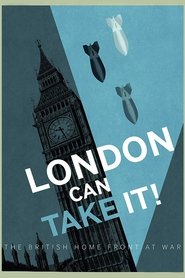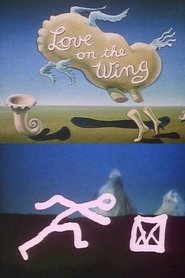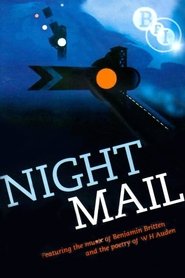
1944
playlist_add 
1943
playlist_add 
1940
playlist_add 
1940 star_border 6.5
playlist_add 
1940
playlist_add 
1940 star_border 6.5
playlist_add 
1940
playlist_add 
1940
playlist_add 
1939
playlist_add 
1939
playlist_add 
1939
playlist_add 
1939 star_border 6
playlist_add 
1938 star_border 6.2
playlist_add 
1938
playlist_add 
1938 star_border 5.5
playlist_add 
1937
playlist_add 
1937 star_border 5
playlist_add 
1937
playlist_add 
1936 star_border 6
playlist_add 
1936 star_border 6.1
playlist_add Show more
expand_more